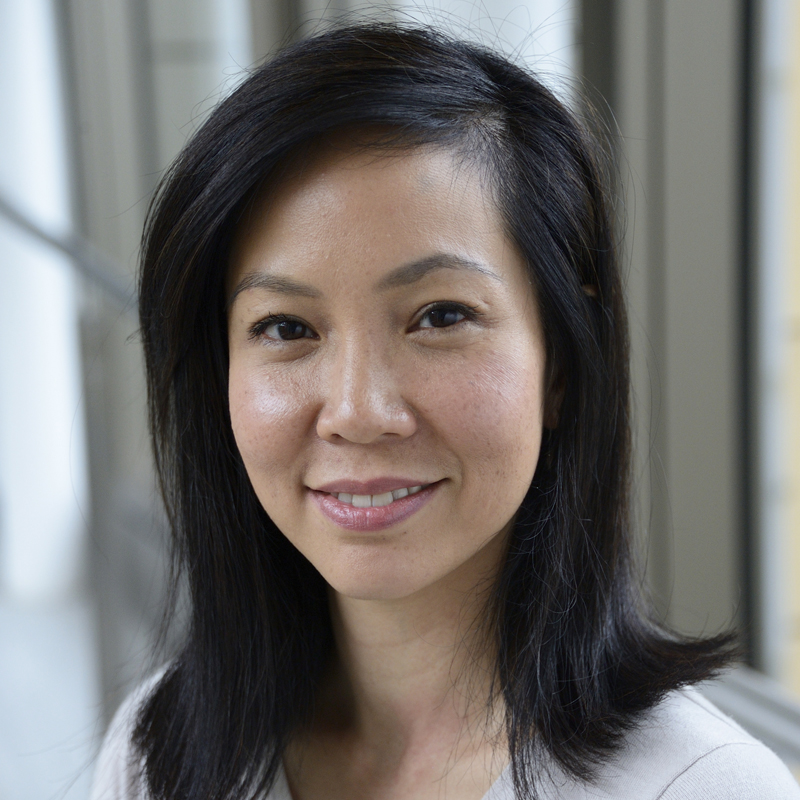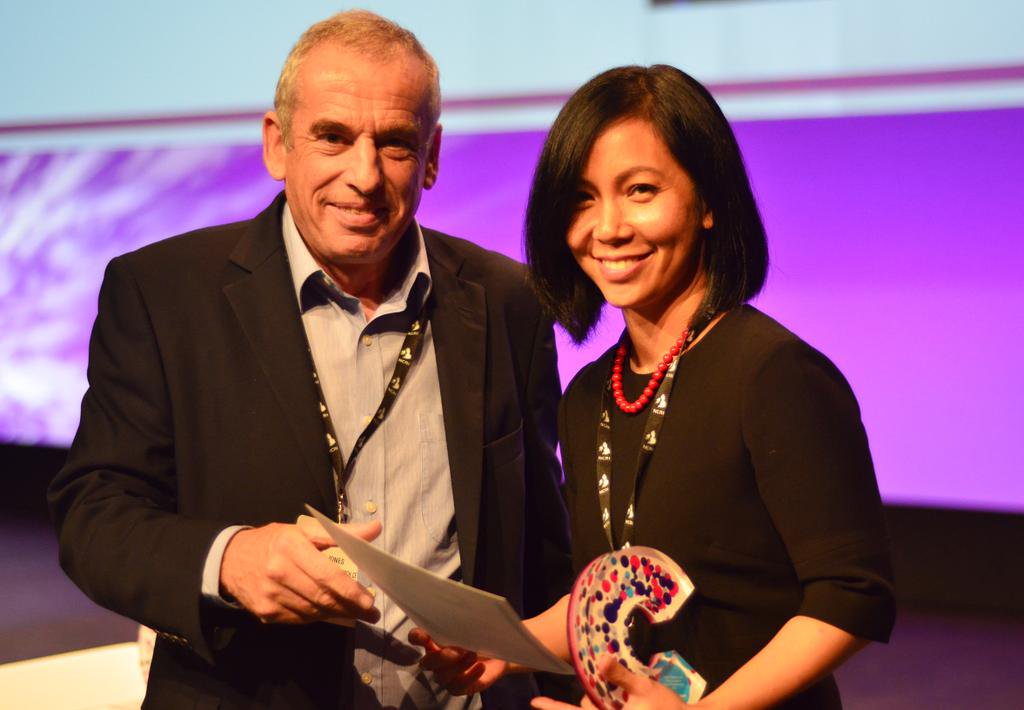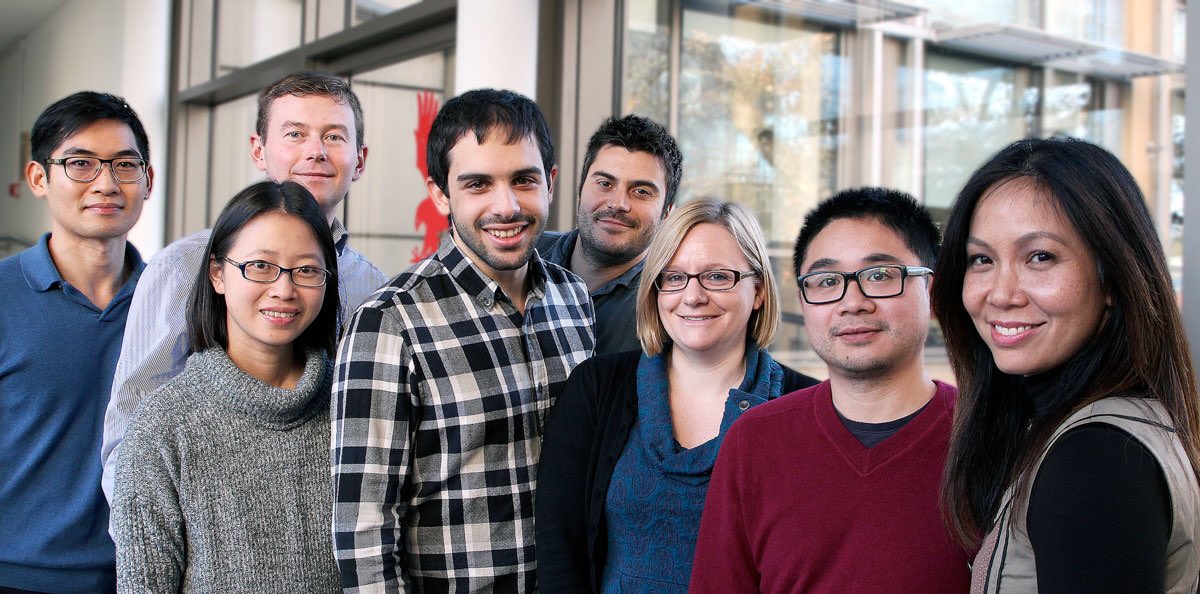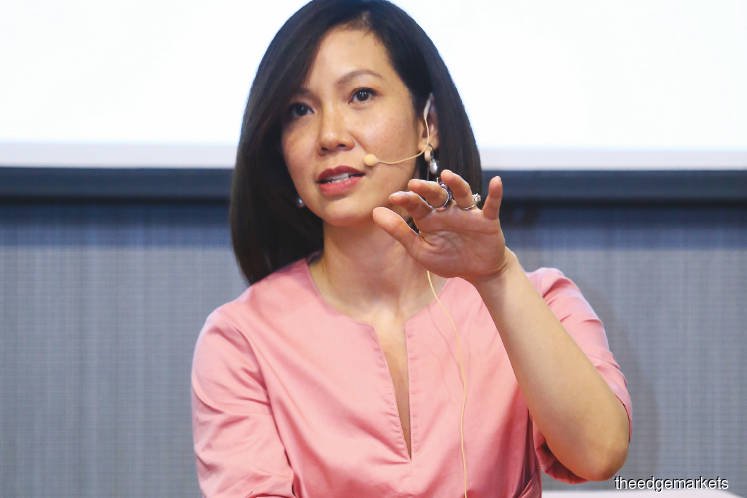Malaysian Scientist Wins 'Nobel Prize' For Cancer Treatment Research
The award is to honor her breakthrough research in cancer genome interpretation for use in clinical practice.
This is Prof Dr Serena Nik-Zainal.
This week, the Malaysian scientist was honoured with an award originally known as the 'Nobel Prize For Cancer Research'.
Dr Serena, who is based in the United Kingdom, was awarded the Dr Josef Steiner Cancer Research Prize 2019 for her breakthrough research in cancer genome interpretation for use in clinical practice.
According to her biography posted on the University of Cambridge's Medical Research Council Cancer Unit, Dr Serena graduated with a degree in medicine from the university in 2000 on a scholarship from Petronas.
She then pursued post-graduate studies in exploring whole genome sequencing for breast cancer at the Wellcome Sanger Institute in Hinxton, a village south of Cambridge, in 2009.
She was awarded a Cancer Research UK (CRUK) Advanced Clinician Scientist Fellowship in 2017 before moving to University of Cambridge to focus her genomics expertise towards clinical use.
Dr Serena receiving another CRUK award, the Future Leaders Prize, in 2014.
Image via Twitter @CRUKresearchDr Serena carried out her research at Cambridge University in collaboration with two of her colleagues, Dr Paul Calleja and Dr Ignacio Medina
Their research showed how cancer tumour mutations can be studied using new bioinformatic methods, making way for new approaches in targeted cancer therapies, Malay Mail reported.
"The powerful combination of computational analytics and experimental insights helped to drive the development of clinical computational tools to interpret whole cancer genomes more effectively," Dr Serena was quoted as saying by Today Online.
"The rate-limiting step in cancer genomics today is not the ability to perform sequencing," she said.
"It is the expertise in performing downstream analysis and making a clinically-useful interpretation that remains the hurdle between genomic technology and the clinical context."
Dr Serena, and the two collaborating scientists, will be conferred the international award later today, 18 October, at the University of Bern in Switzerland
Their work, titled "Accelerating holistic cancer genome interpretation towards the clinic," will also be presented during the award ceremony.
According to The Star, Dr Serena said that the Dr Josef Steiner Award would help encourage the university to advance in its expertise and develop novel, clinically meaningful algorithmic tools.
"We seek to consolidate our current knowledge into infrastructure that is appropriate for the future. We are building a more automated foundation that can be referred back to at any point.
"It needs to be more user-friendly for the next generation of clinicians and scientists to explore and be suitable for advanced data analytics," she said.




